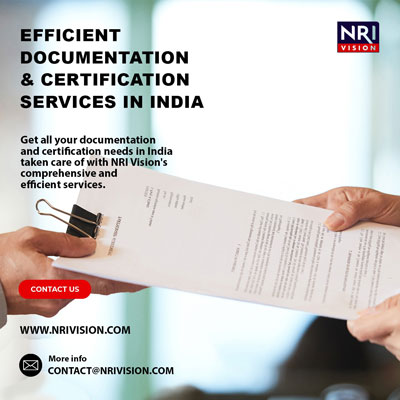NRIs living overseas face several practical challenges while attempting to sell their homes in India and complete all legal requirements, which can take anything from a few days to several weeks. It’s not only tough to plan a long leave, but it also costs a lot of money in terms of travelling.
This is why many NRIs choose to use a Power of Attorney (PoA) to sell their property and appoint someone to handle the property registration processes. However, if you’re a buyer considering a deal over an NRI home property through a POA, there are certain hazards you should be aware of before deciding to take the plunge. Thanks to The Economic times to help us understand the precautions to be taken while buying a property through a POA.
The Consequences of Using PoA:
Normally, a PoA is signed by someone who is unable to carry out transactions for a number of reasons. For example, if the principal lives overseas, is bedridden, or has any other justifiable cause for being unable to execute his tasks independently.
A PoA, on the other hand, is not an instrument of transfer for any right, title, or interest in immovable property. It is simply the formation of an agency through which a person authorizes another person to act on his behalf and do the activities stated therein. PoA is not a viable method of transferring property since no mutation occurs in the property records. A property transaction has been contested in a number of situations due to flaws or shortcomings in the execution of the PoA by an NRI.
There are four other major conditions to keep a check on.
1. Power of Attorney should be registered
2. Check for essential clauses
3. Transfer money to NRI owner, not PoA holder
4. Add an indemnity clause in the sale deed



















